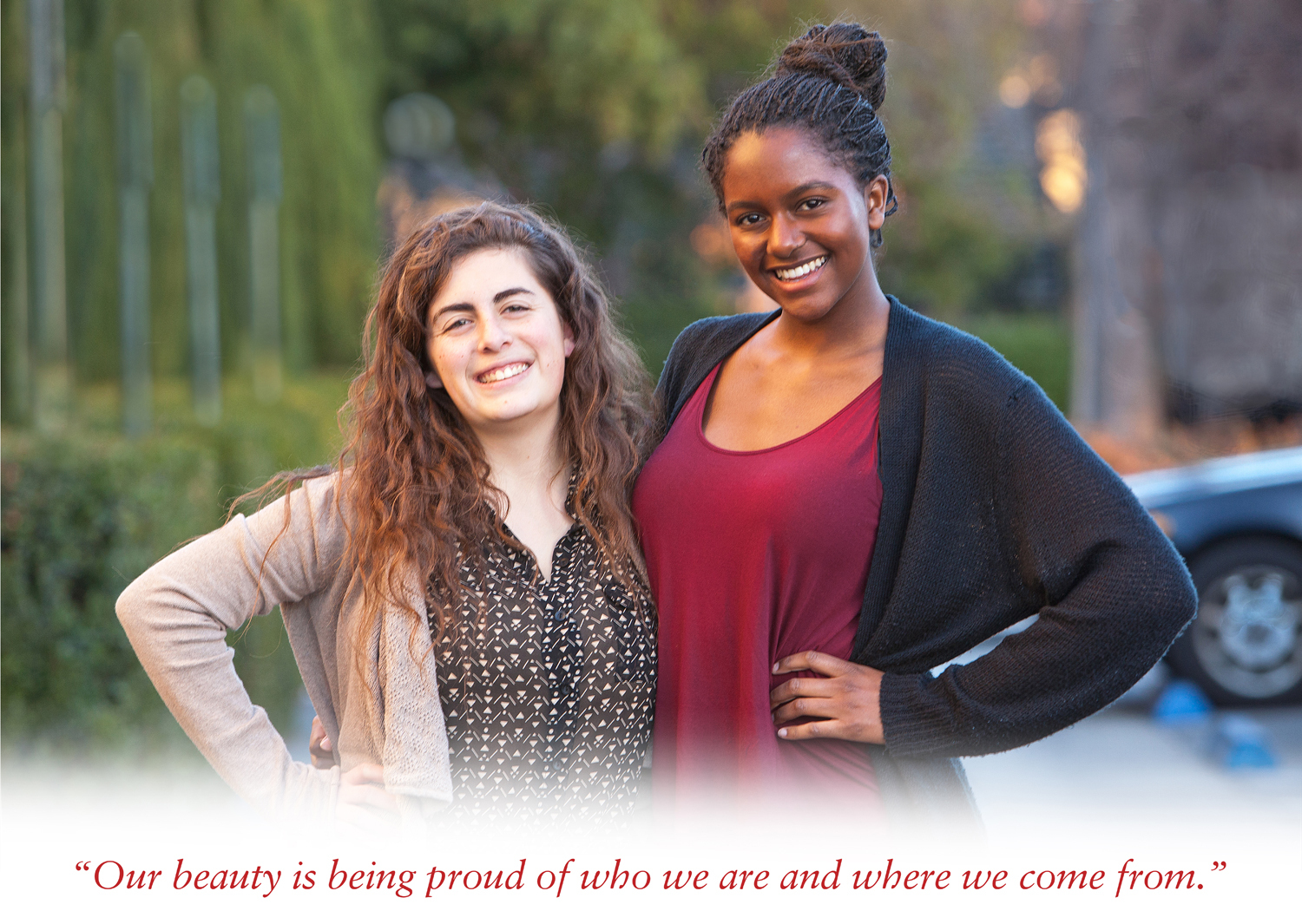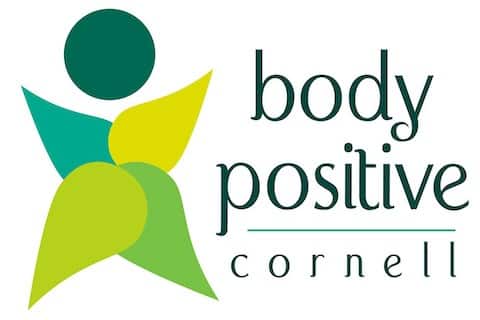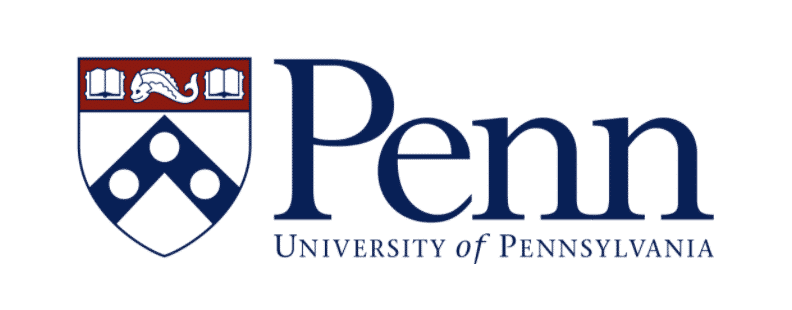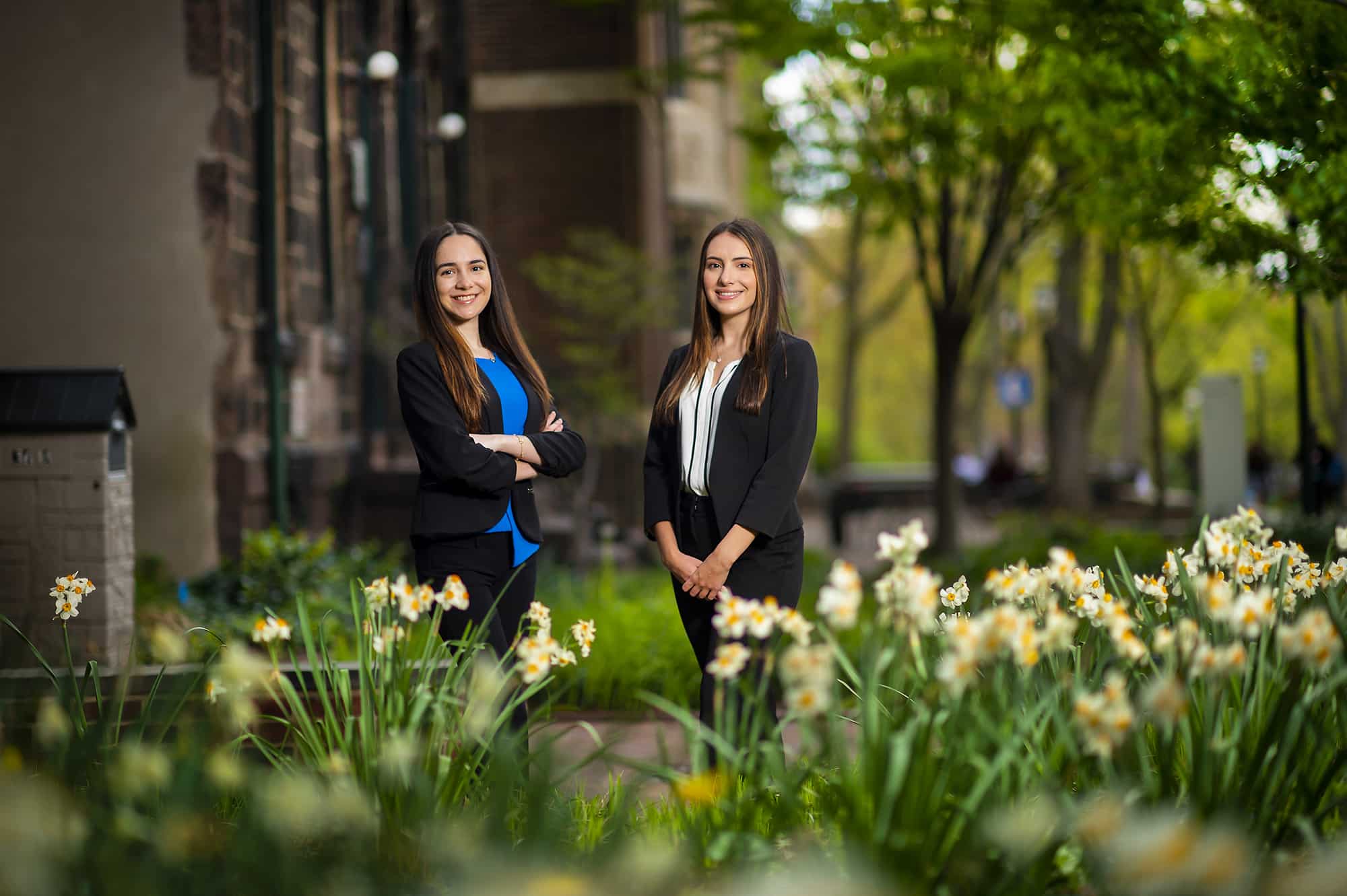Research

The Body Positive partnered with researchers at Stanford University to conduct a pilot study evaluating the preliminary efficacy, feasibility, and acceptability of our college leadership program. This pilot study demonstrated a positive effect on participants’ self-reported guilt, beliefs of thin ideal, body satisfaction, and social determinants of body image, from baseline to the end of the groups. Qualitative findings indicate that members felt the groups were a positive source of community. Changes were sustained by participants at 8 months post-intervention. Members also expressed appreciation around conversations on intuitive exercise, vulnerability, and challenging the thin ideal.
In a survey of all group participants to determine their satisfaction with the student-led groups:
- 86% rated the quality of the Be Body Positive group as good or better
- 76% said that the groups helped them effectively deal with a problem related to body image, and/or eating and exercise
- 71% said they would recommend the program to a friend
“What I got was an intimate exchange of histories from women, and two brave men, which allowed me to see deeply the struggles for health and beauty. I particularly enjoyed the safety of Ujamaa [residence hall] as a predominately Black space because it allowed for the free flow of stories without having to painfully explain every aspect of our culture. It is not often that we are allowed to discuss and dissect (in an academic setting for credit) the development of ideals of health and beauty within a Black context. The Body Positive turned out to be a safe space for us to come together and reframe the way we think about our bodies and achieving health.”



Cornell University conducted a Pre-Post Intervention Study of their Be Body Positive Facilitator Program with undergraduate college students. Results indicated that groups were both feasible and acceptable to participants, peer facilitators, and site supervisors.
Cornell Body Positive group participants showed statistically significant improvements post intervention and at 3 months follow up with:

- Decreased body image dissatisfaction and less identification with ideal body types
- Increased body appreciation and self compassion
- Fewer eating disorder symptoms and more intuitive eating behaviors reported
All of these changes were sustained by participants at 3 months post-intervention.
“I never really categorized myself as someone who had body image issues. However, I began to realize more and more, especially after participating in The Body Positive discussions, that I have been harboring many insecurities about my body for several years. I thought it was the norm to feel insecure, and that as long as it never got to the point of developing an eating disorder or visible health problems, that some degree of having body image issues was okay. With that being said, the biggest takeaway I got from this program was that everyone deserves to feel comfortable in their own body, and that one does not need to pass a certain threshold of “suffering” before they deserve to reach out and seek support.”

Be Body Positive Licensed Facilitators, Christina Miranda and Amanda Moreno, were selected as recipients for the 2021 President’s Engagement Prize at the University of Pennsylvania for their project “Be Body Positive Philly!” These student researchers collected data on their intensive pilot program at two public high schools in Philadelphia, which was the basis for their selection.
With their $100,000 prize, they expanded their research study by implementing the Be Body Positive Curriculum in 7 Philadelphia public schools in the 2021-22 school year. And they even created their own 501(c)(3) nonprofit—the Body Empowerment Project—in order to ensure their work continues in Philadelphia schools for a long time to come.
The application process for the President’s Engagement Prize was extremely rigorous. We are so proud of their accomplishment and thrilled with the incredible life-changing work they have done with Philadelphia high school students because of their passion to help others.
Meet Amanda and Christina and learn more about their work.
View research summary.

Photo of Amanda Moreno and Christina Miranda.
“As a facilitator for Be Body Positive Philly, I was impressed by students’ resilience and their ability to apply what they have learned to help others. They have been empowered to start conversations about HAES and intuitive eating with friends and family, which creates a ripple effect on the entire community. I have also experienced a transformation in my own relationship with my body. I am more confident portraying my real self on social media and correcting harmful weight stigma in everyday conservations. I am so excited to bring this curriculum to 300 students across 6 Philly public schools this coming year.”
QATAR UNIVERSITY

In 2021, Qatar University conducted a study to evaluate the impact of the Be Body Positive online training program on the participants’ experience of embodiment and self-compassion. It was the first study conducted on the program outside of the U.S.
Two validated scales were used at each time point:
- Experience of Embodiment Scale
- Self-Compassion Scale
Results showed that the Be Body Positive online training program had a positive effect on participants’ experience of embodiment and self-compassion. The recommendation is to provide the program to a greater number of students and to people in other settings such as schools, health centers, hospitals, and the Ministry of Public Health in order to improve experience of embodiment and self-compassion within the broader community.
Learn more about Qatar University research.

